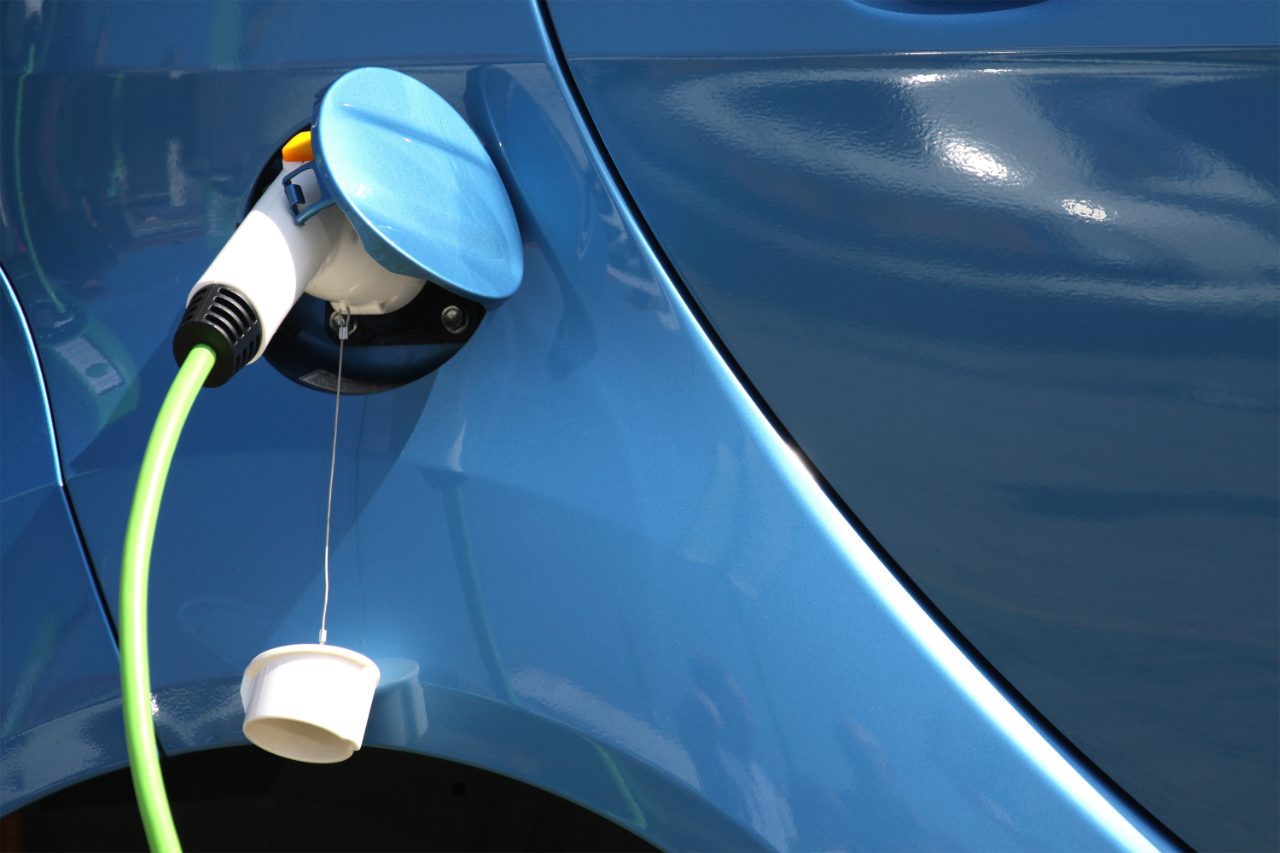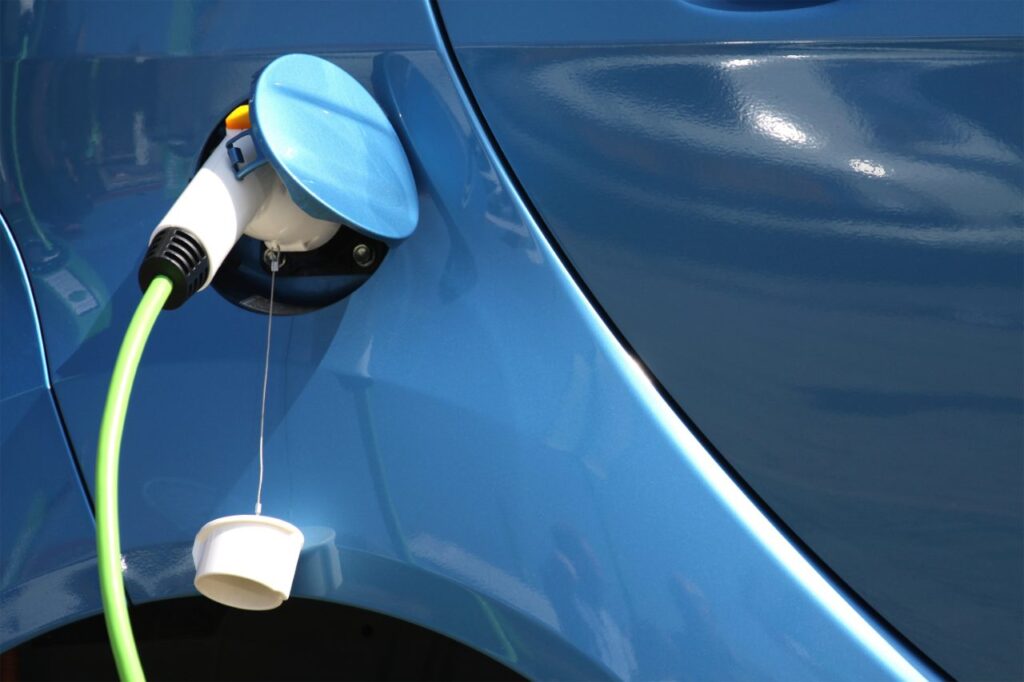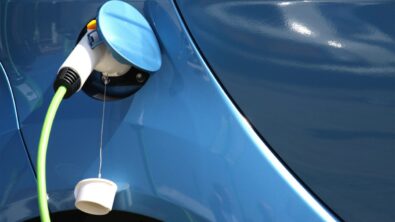Powering the AV: Vehicle electrification and batteries – The Future Car Podcast

In the automotive industry, a majority of sustainable development efforts have focused on vehicle electrification as a practical solution for replacing internal combustion engines and fossil fuels to reduce emissions coming from the transportation sector. Today, EVs seem to grow in popularity and capability almost monthly, especially as exciting new models are brought to market. With the future of the automotive industry looking increasingly electric, Nand, VP of Automotive & Transportation industry, and I wanted to talk with an EV expert about EVs, battery technology, future development efforts, and how this trend will play into the autonomous vehicle revolution.

To that end, we welcomed Dr. Puneet Sinha to the show! Puneet is the Sr. Director of the Battery Industry Vertical for Siemens Digital Industries Software. In addition, Puneet holds a doctorate degree in mechanical engineering and brings 15 years of industry experience in the field of batteries, fuel cells and electric vehicles. We asked Puneet about how the electric vehicle has evolved in recent years and the technological advancements that have fueled this development. Nand also offered some thoughts on the changes that have occurred in the automotive market to support the wave of new EVs coming to market. These changes in the business environment include:
- Growing sustainability efforts – The automotive industry needs to reduce emissions and its impact on the environment. EVs are a big part of that effort now and in the future both because of consumer interest in making greener choices, and because of new regulations in many parts of the world that will end the sale of new combustion engine vehicles soon.
- Drive range improvements – For a lot of consumers, so-called “range anxiety” has dissuaded them from switching to electrified transport. With improving batteries, energy management systems, fast charging and so on, EV drive range and recharging has improved dramatically.
- Product innovation – In addition to the technological advances in batteries and drive trains, automakers have found ways to make EVs much more attractive to consumers through design, feature/functions, and by continually improving the driving experience.
We continued our discussion by covering the synergies between EVs and future self-driving vehicles as well as the difficulties involved in creating an autonomous-electric vehicle. One of the main challenges Puneet discussed surrounded the electrical power demands of a self-driving system. As mentioned above, many experts believe that an autonomous vehicle will require dozens of sensors and multiple processing devices to enable self-driving functionality. This many devices will draw significant power from the batteries of the vehicle, resulting in lower available drive range.
You can learn about all of these considerations and many more by listening to our full conversation over on the Future Car Podcast blog!
Siemens Xcelerator, the comprehensive and integrated portfolio of software and services from Siemens Digital Industries Software, helps companies of all sizes create and leverage a comprehensive digital twin that provides organizations with new insights, opportunities and levels of automation to drive innovation.
For more information on Siemens Digital Industries Software products and services, visit siemens.com/software or follow us on LinkedIn, Twitter, Facebook and Instagram. Siemens Digital Industries Software – Where today meets tomorrow.


